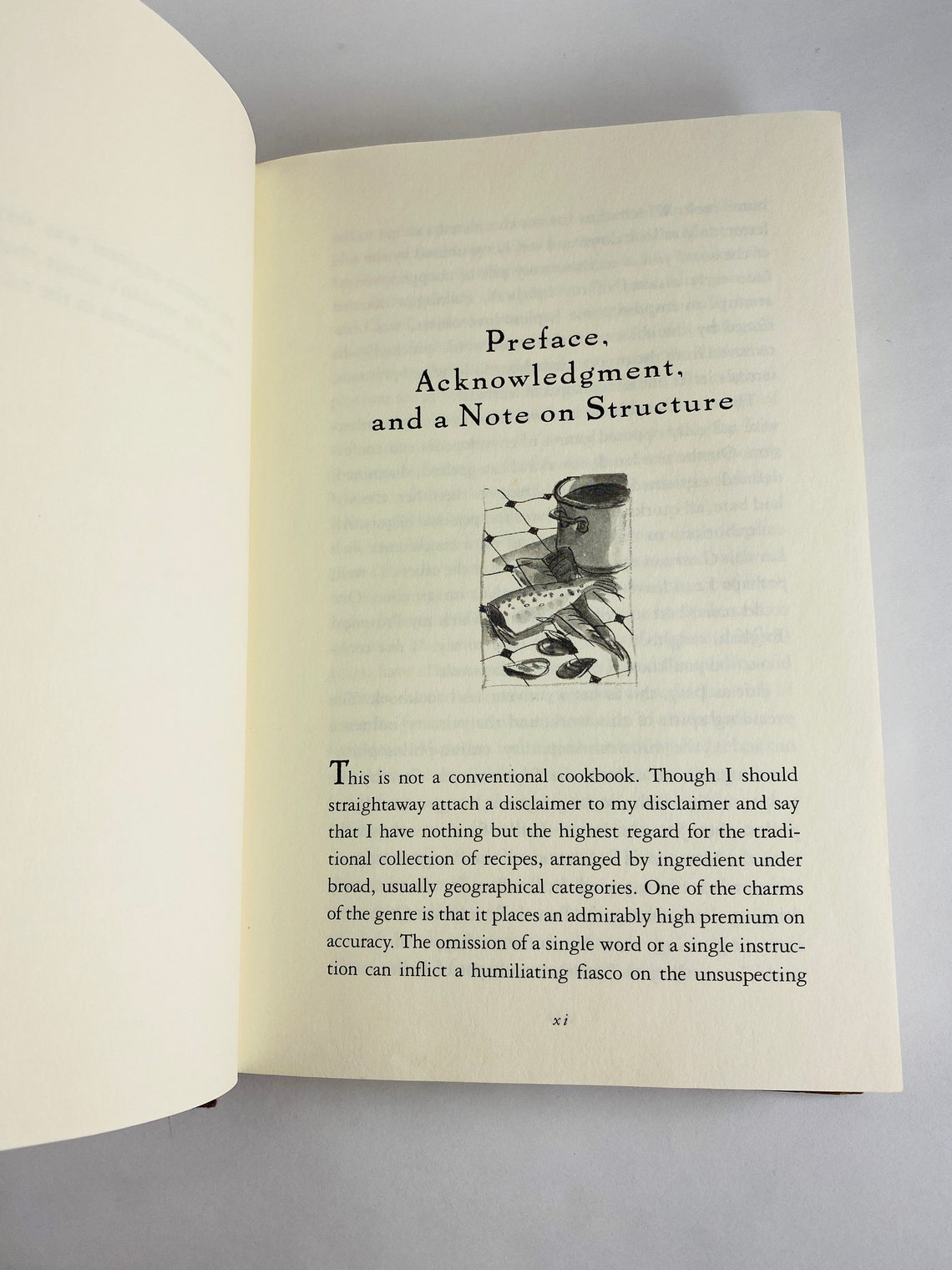

He is travelling incognito, with shaven head and dark glasses, though it is hardly likely he will not be recognisable, since a typical outfit consists of 'green-and-ochre checks complemented, or perhaps that should be complimented, by my shirt, a pale-cerise cotton number with a fine texture. As he writes, he is on a journey from the Hotel Splendide in Portsmouth to his house in Provence. Winot, we quickly realise, is a wildly undependable narrator. Mushroom omelettes, however, will be avoided. His recipes are very good and I would not be surprised if the book collects a cult following I can imagine house parties in Provence centring on a Winot egg curry followed by Irish stew (his is a method unknown to Ireland) and a jammy Queen of Puddings.

He divides his narrative into four sections to match the seasons, and provides a menu for each. The narrator, if that is the word, of The Debt to Pleasure is Tarquin (real name Rodney) Winot, a middle-aged gourmand, scholar and monstre damnee. Even more apposite would have been Humbert Humbert's observation that you can count on a murderer for a fancy prose style. Lanchester takes as his epigraph an amusing remark by Bertrand Russell about Wittgenstein's literal-mindedness. It opens with the cautionary admission that 'This is not a conventional cookbook', which is certainly true. He was formerly restaurant critic of this newspaper, and is now deputy editor of the London Review of Books. John Lanchester's background is as cosmopolitan as that of the Russian master - born in Hamburg, brought up in the Far East, educated in London.


 0 kommentar(er)
0 kommentar(er)
